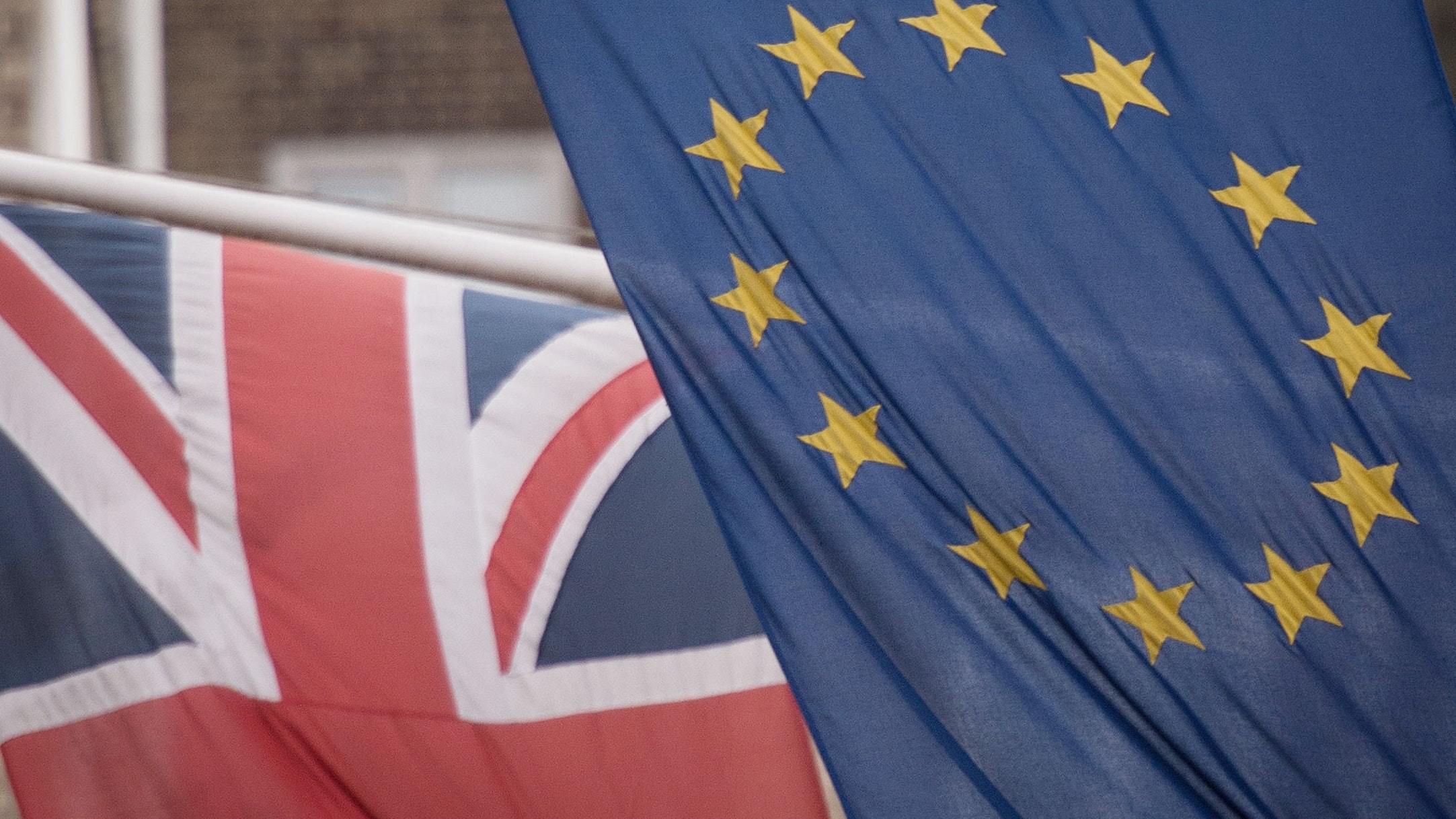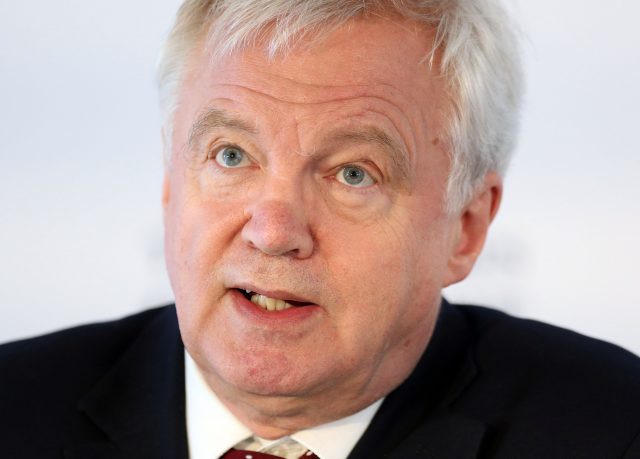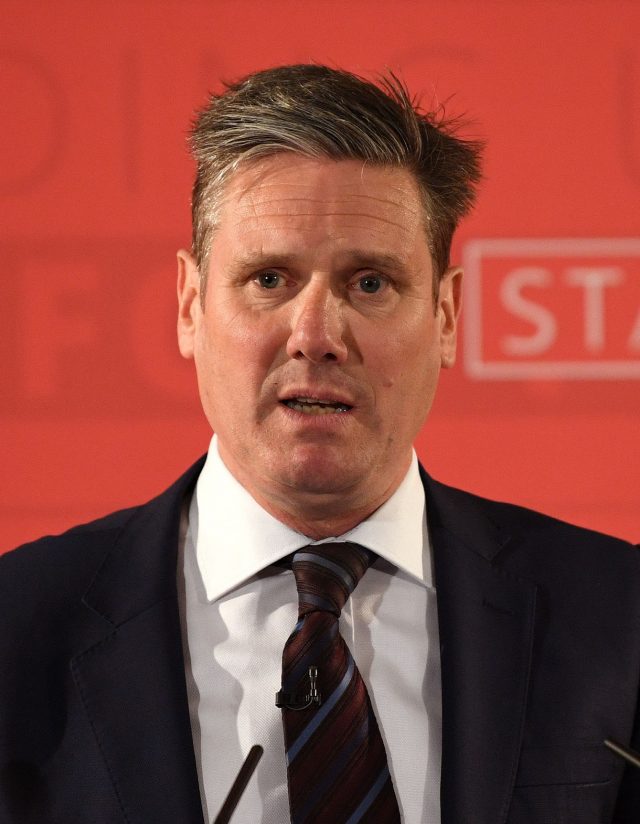
Formal Brexit talks are resuming in Brussels with the Government under additional pressure from Labour’s dramatic promise to keep the UK in the single market and customs union after March 2019.
Under the new policy unveiled by shadow Brexit secretary Sir Keir Starmer on Sunday, the UK would continue to observe EU rules on migration and trade during a transition period expected to last up to four years, in order to avoid a “cliff-edge” shock to business.
The move was welcomed by trade unions and opponents of a hard Brexit, but sparked fury among Labour supporters of EU withdrawal, who warned it could cost the party votes in the Midlands and North.

Brexit Secretary David Davis is expected to use this week’s round of meetings to push EU chief negotiator Michel Barnier to show “flexibility and imagination” to speed up the negotiation process.
Mr Davis is frustrated at Barnier’s insistence that progress must be made on fixing the UK’s “divorce” bill before moving on to talks on future trade. He believes a series of papers produced by his Department for Exiting the EU over the past fortnight have proved that the two issues are inextricably linked.
Meanwhile, Brussels is understood to be infuriated at Britain’s refusal even to spell out how it thinks its liabilities to the EU should be calculated, let alone put a figure on the final bill, variously estimated at between £50 billion and £80 billion.

Mr Davis’s bargaining hand may have been weakened by Labour’s move, which raises the prospect of possible setbacks for the Government in votes on the EU Withdrawal Bill when MPs return to Westminster in September.
Former European commissioner Lord Mandelson told the Financial Times that Labour had “done Parliament and the public a big favour” by giving opponents of a hard Brexit – including some Tory backbenchers – an opportunity to unite around measures to delay departure from the single market until the shape of the new relationship becomes clear.
And Liberal Democrats challenged Labour to back amendments they are tabling to the Withdrawal Bill which would hold the door open for Britain to remain part of the single market, customs union and European Economic Area.
Our paper outlines an approach on data that underpins our continued participation in the EU economy and wider cooperation after EU exit pic.twitter.com/2tUbQ4Pt2h
— Exiting the EU Dept (@DExEUgov) August 24, 2017
But Labour leader Jeremy Corbyn faced warnings of a backlash from the Labour Leave movement, which noted that seven out of 10 of the party’s constituencies voted for Brexit, adding: “Single market membership is EU membership in all but name. Labour must honour the referendum.”
Tories accused Labour of “a weak attempt to kick the can down the road”, but Mr Corbyn said government “confusion” had left Mr Davis “in danger of wandering into a cliff-edge Brexit” in the Brussels talks.
As he opens discussions on Monday, Mr Davis is expected to say he wants to agree a deal which is in the best interests of both sides, and expects the four days of talks to be “constructive”.
Looking forward to discussing these papers with #UK. Essential to make progress on #citizensrights, settling accounts and #Ireland.
— Michel Barnier (@MichelBarnier) August 21, 2017
“For the UK, the week ahead is about driving forward the technical discussions across all the issues,” the Brexit Secretary is expected to say. “We want to lock in the points where we agree, unpick the areas where we disagree, and make further progress on a range of issues. But in order to do that, we’ll require flexibility and imagination from both sides.”
Some in London were enraged by Mr Barnier’s apparently dismissive response to the documents, when he tweeted that he was “looking forward” to discussing them but that the “essential” issues remained the questions of expats’ rights, the financial settlement and the Irish border which he has always said should take up the first phase of negotiations.

Enjoy the convenience of having The Sunday Post delivered as a digital ePaper straight to your smartphone, tablet or computer.
Subscribe for only £5.49 a month and enjoy all the benefits of the printed paper as a digital replica.
Subscribe